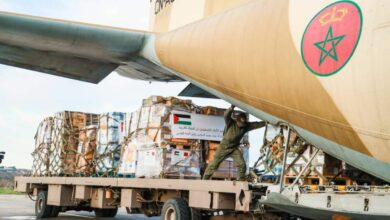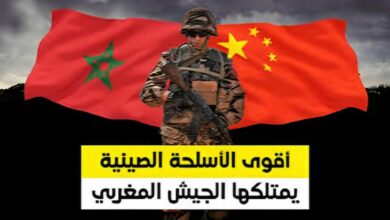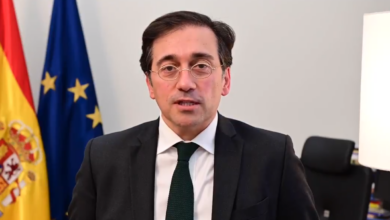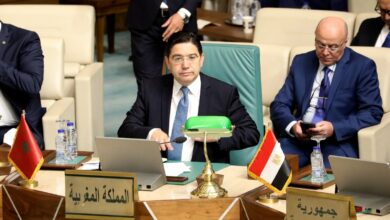Moscow Redraws the Debate on the Sahara and Weakens Algeria’s Narrative
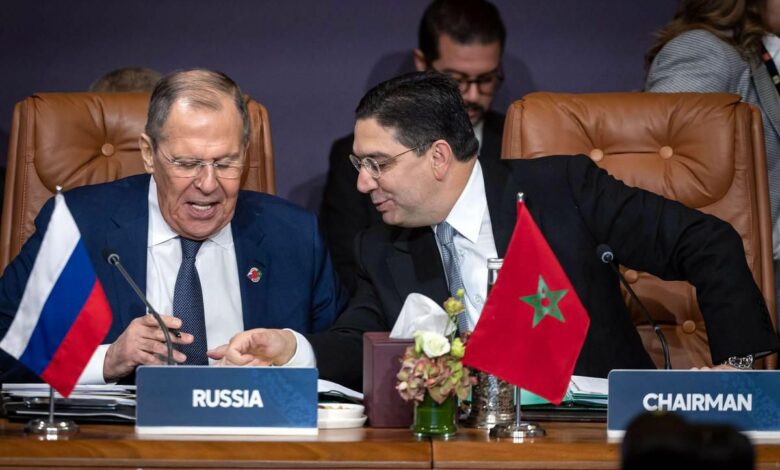
By: Meryem Hafiani – ALDAR
In a highly sensitive moment ahead of United Nations Security Council meetings, Moscow has announced a new position on the Sahara issue that aligns with Morocco’s stance and undermines the separatist narrative. Russian Deputy Foreign Minister Sergey Vershinin met with UN envoy Staffan de Mistura, and the statement released by the Russian Foreign Ministry was entirely devoid of any reference to a referendum or so-called “self-determination.” This marks a significant shift in the discourse of a major power historically perceived as closer to Algeria. Instead of insisting on an outdated option, the statement emphasized the need for a mutually acceptable political solution, while highlighting the role of MINURSO in supporting the UN process.
Even more significant was Russia’s description of the conflict as a “colonial legacy,” a characterization that directly reinforces Morocco’s position. Morocco maintains that the Sahara is part of its historic sovereignty, seized by Spanish colonialism and later peacefully restored to the nation through the Green March. This new Russian discourse undermines separatist claims of being a “liberation movement,” exposing the reality that the issue concerns a decolonization process closed in 1975. The persistence of the dispute, Morocco argues, is nothing more than Algeria’s political maneuvering to keep the region in perpetual tension.
From a regional perspective, the Russian statement stressed that resolving the conflict would contribute to stability in North Africa and the Sahel. This acknowledgement reflects a growing international recognition that the continuation of this dispute fuels terrorism, smuggling networks, and irregular migration, while obstructing regional development projects. Morocco has long underscored that its territorial integrity is a cornerstone for establishing lasting stability in the wider region.
Politically, Russia’s shift signals the beginning of a new phase in Moscow’s approach—one based on greater pragmatism and a rebalanced outlook on the region. While Russia has traditionally enjoyed close ties with Algeria, it now realizes that unreserved support for separatism no longer serves its strategic interests, especially in the context of shifting global geopolitics and Morocco’s rise as a pivotal actor in Africa and the Mediterranean.
This new stance adds to a growing body of international support for Morocco’s Autonomy Plan, which has already been endorsed by the United States, France, Spain, and Germany, alongside an expanding list of Arab, African, and Asian countries. With Moscow now joining this evolving dynamic, Algeria and its allies find themselves increasingly isolated at the United Nations, as the separatist agenda garners little traction compared to the mounting international consensus that autonomy under Moroccan sovereignty is the only realistic and workable solution.
Russia’s classification of the conflict as a colonial legacy is more than a semantic nuance—it is a qualitative turning point that reshapes international alignments around the issue. Morocco continues to consolidate diplomatic gains that strengthen its standing as a rising regional power, while Algeria faces unprecedented isolation after losing one of its key propaganda tools within the UN framework. In this context, the future of the dispute appears to be moving steadily toward an international resolution in favor of Morocco’s initiative, safeguarding the Kingdom’s unity and contributing to stability across the entire region.

